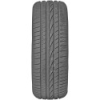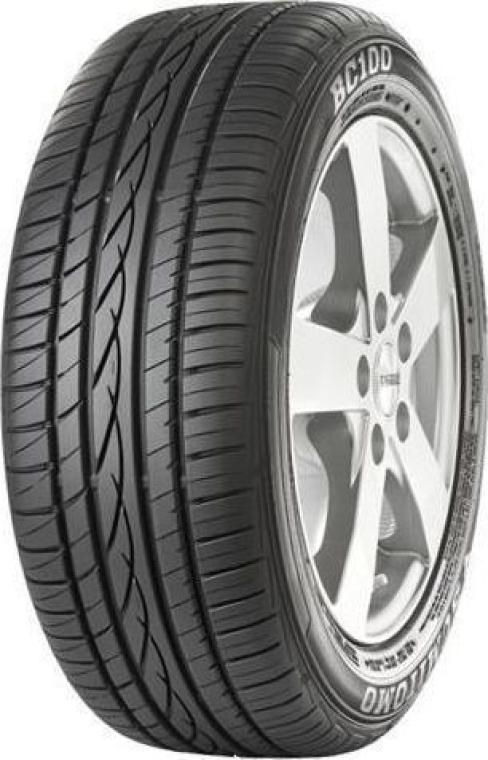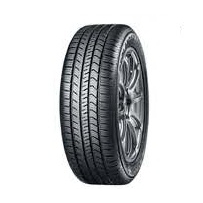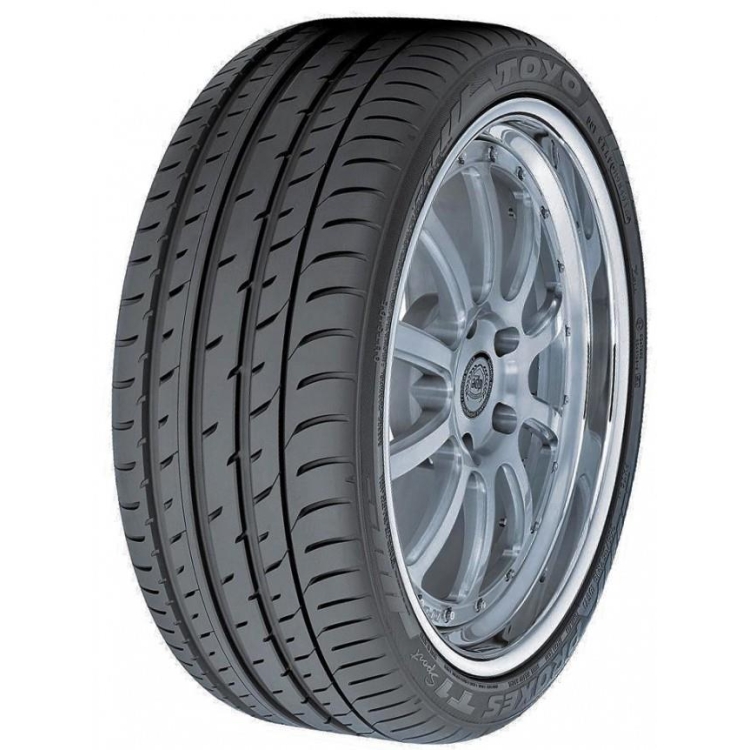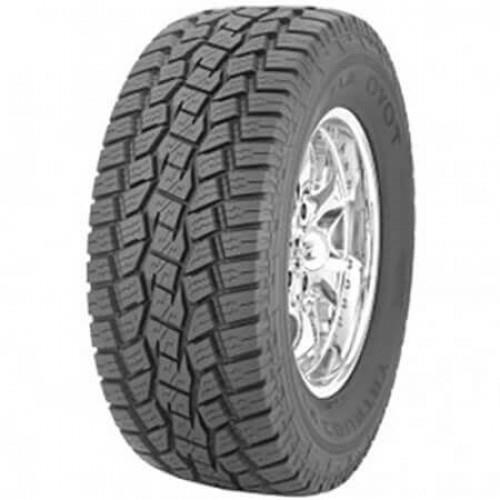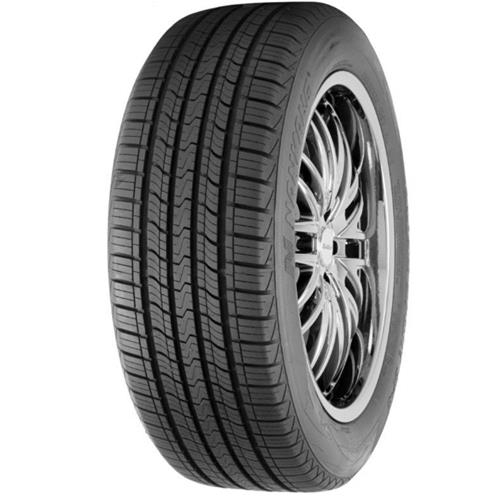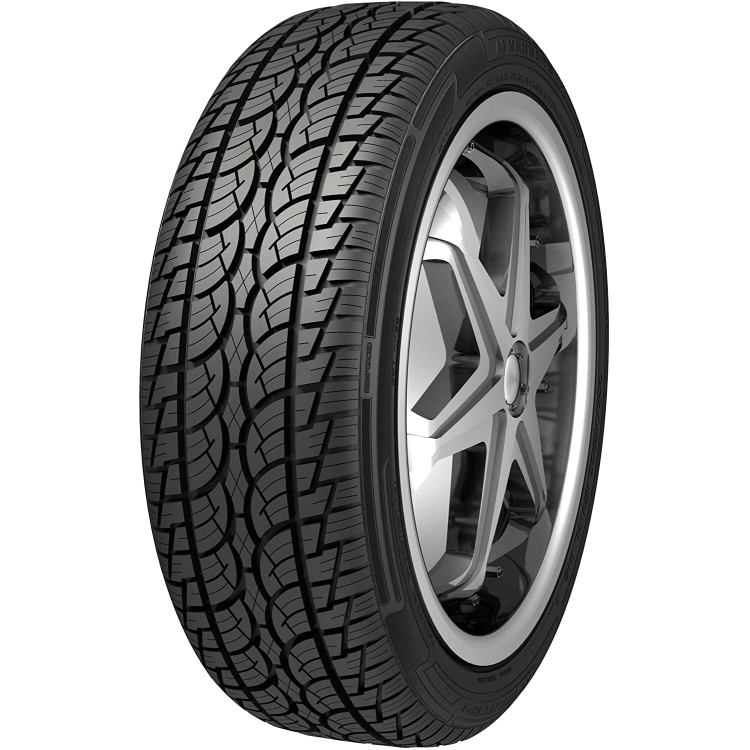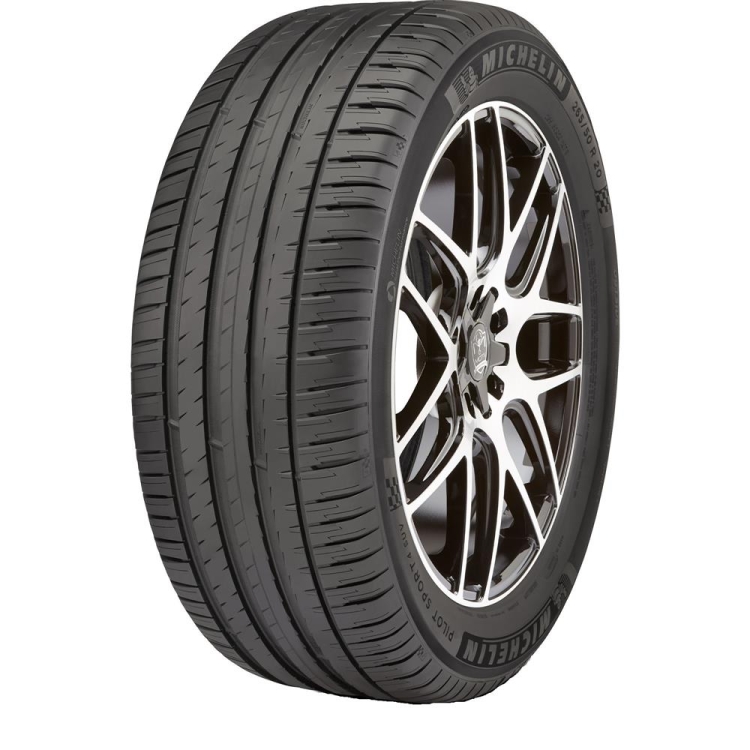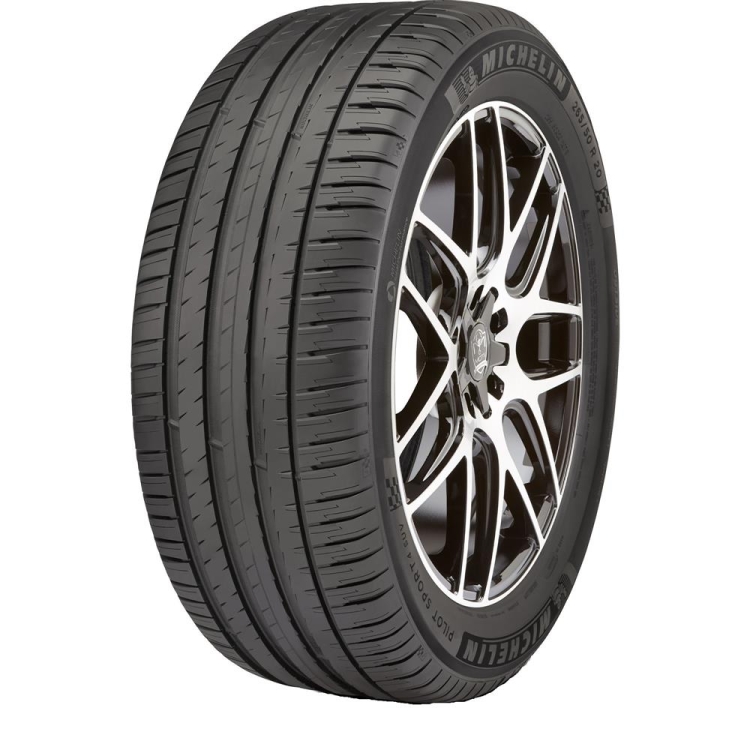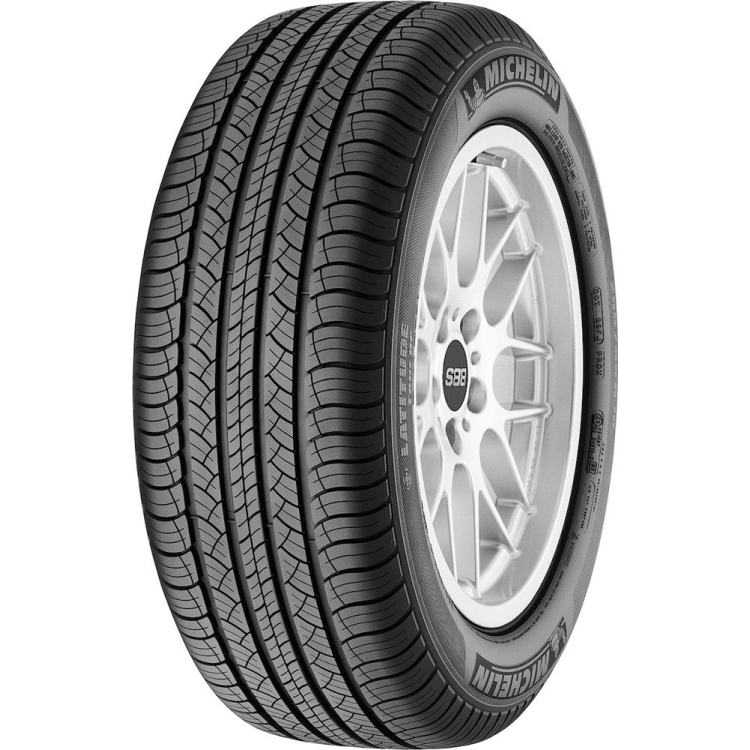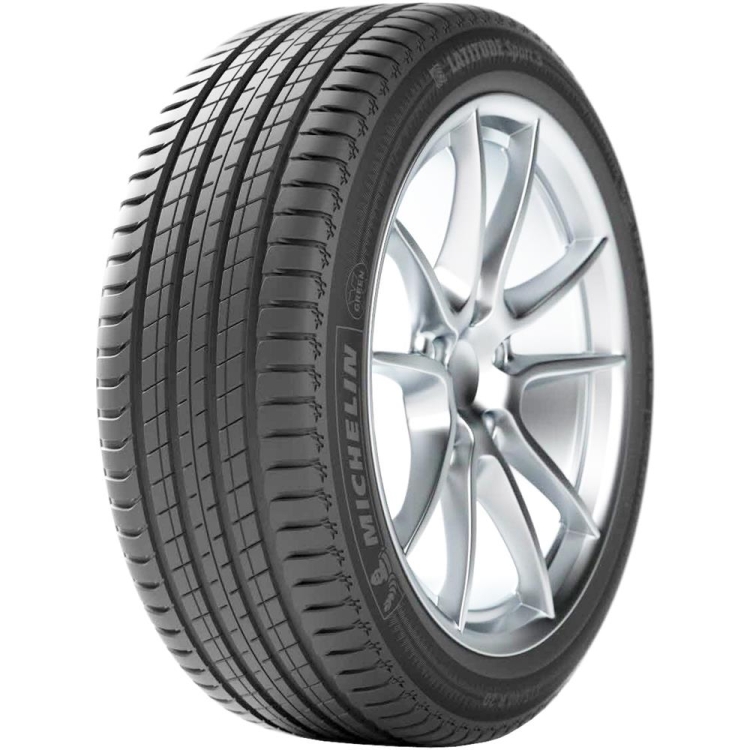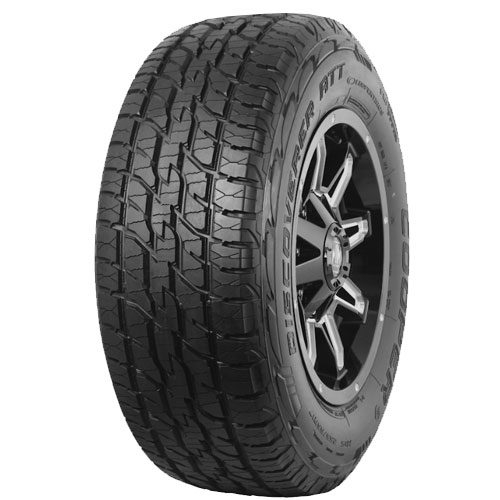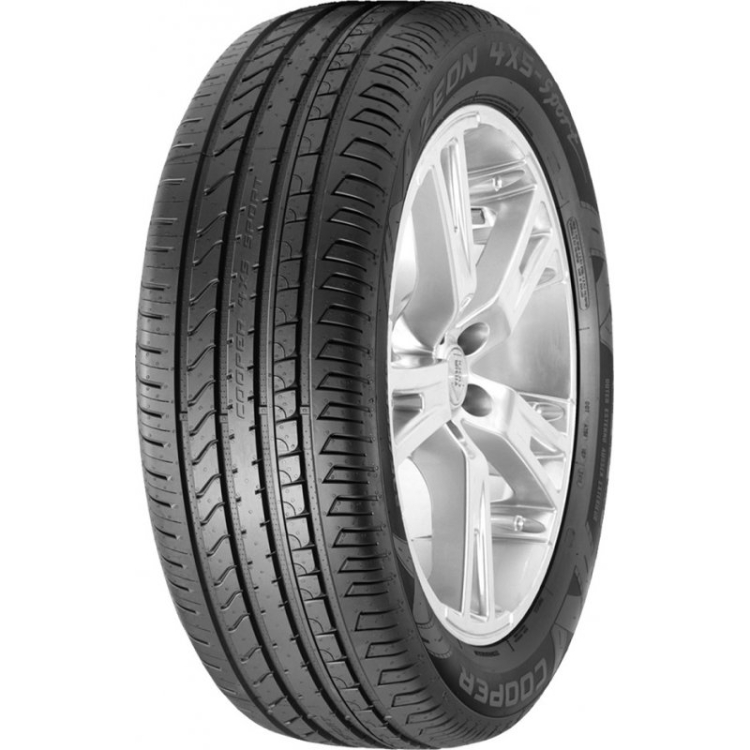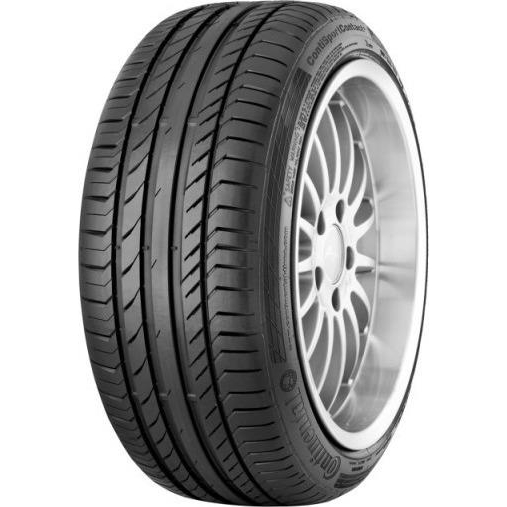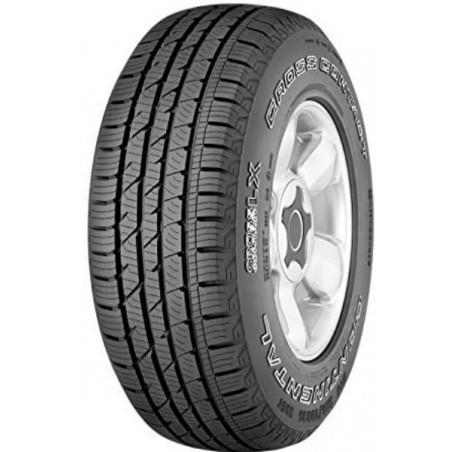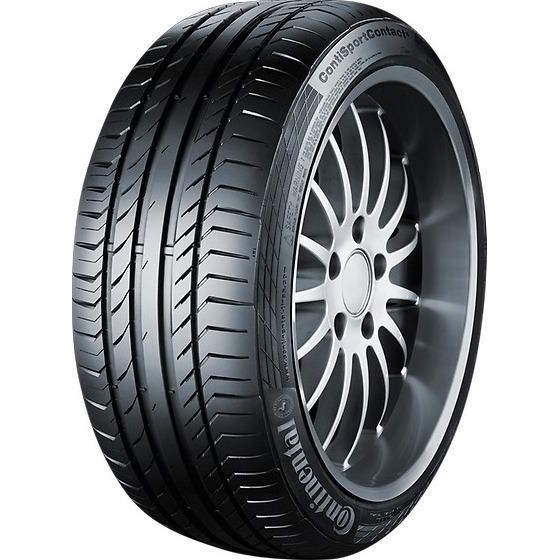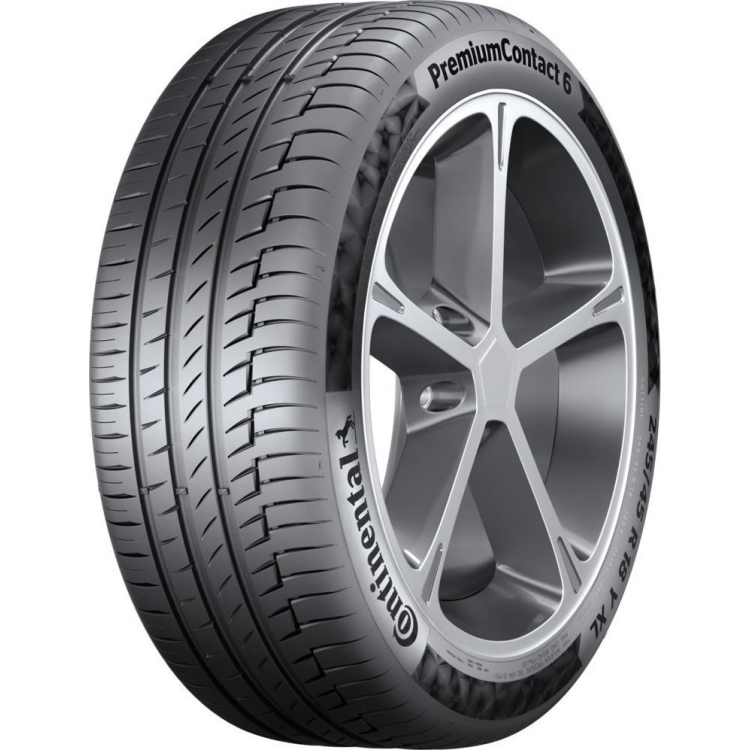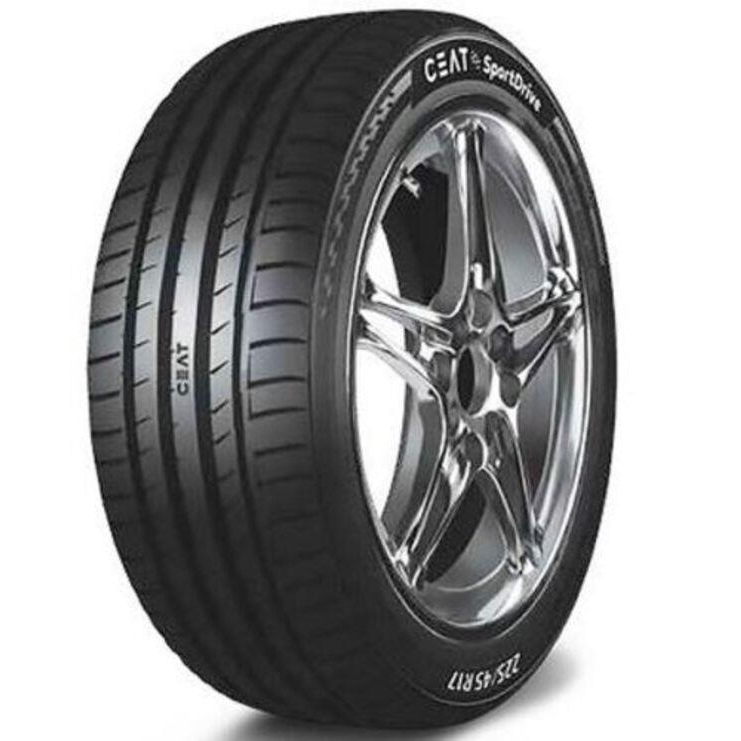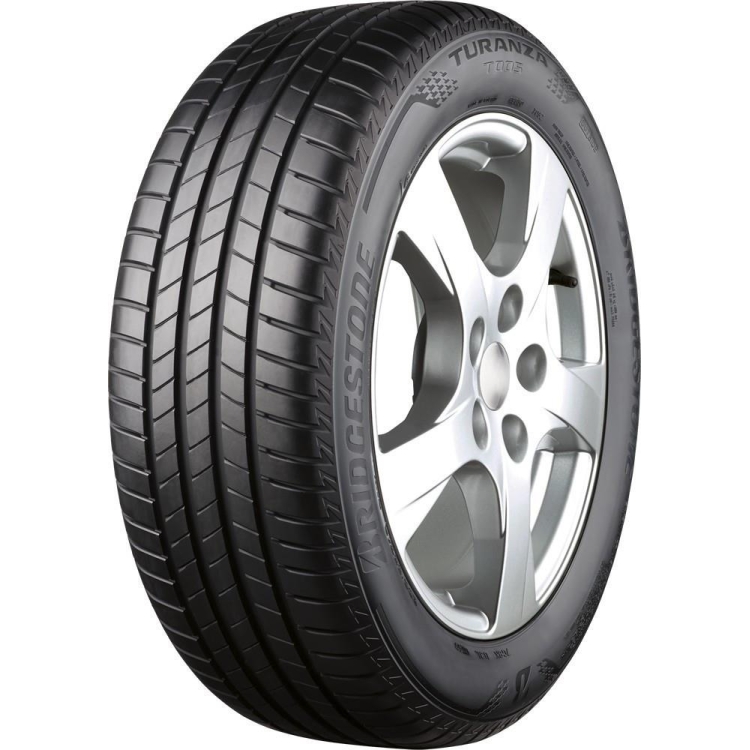

Tyres Sumitomo 255/55/19 BC100 111V XL for SUV/4x4
WHILE STOCK LAST
- Description
- Videos
- Attributes
- WARRANTY
- Interest rates
- F.A.Q.
- Country of origin
- Payment methods
- Order
- Wheel alignment
Description
BC100 is Sumitomo Rubber Industries Ltd.'s flagship export tire. The Sumitomo BC100 is a summer tire designed to be fitted to a passenger car. 1) An economic solution with innovative design.
Sumitomo Tires has earned an enviable reputation for innovative design, precision engineering and superior quality. 2) A standard which applies throughout the world with no comparison in quality.
Sumitomo has over 100 years of manufacturing experience and technical expertise in Europe, backed by the global reputation and resources of the Sumitomo Group.
Sumitomo is one of the most important business groups worldwide.
Some of its features are the absolute contact with the road surface and the asymmetric design of the 5-rib tread profile. The central rib is reinforced and the tire grip offers high levels of drivers confidence in wet conditions.
Increased grip on dry and wet roads.
Videos
Files
WARRANTY
Terms & Conditions of the program, which must be met cumulatively. Purchase of four (4) tires The guarantee is valid with the purchase of four (4) new tires installed in the same vehicle, made to the selected dealers, who exclusively provide this tire warranty program all over Greece, and concerns only one (1) of the four (4) tires that the customer has purchased. Participation in the Program is explicitly excluded if the purchase of the tires took place online. With the purchase, the guarantee card is issued and delivered on the spot, which must bear the trader's stamp and in which the tire brand (name, type, dimensions, speed index and load index), the date of purchase and installation, will be mentioned, the indication of the odometer, the details of the buyer - beneficiary of the guarantee and the identification data of the covered vehicle, the start and end date of the guarantee program, as well as the special Unique Guarantee Number. The vehicle must have exclusively Greek license plates and be used exclusively in Greece. Coverage period. The coverage period for the replacement of the vehicle tire starts from the date of purchase of the tires and is valid until the lapse of 12 months or the coverage of 20,000 kilometers from it. Any of the above occurs first means the simultaneous termination of the warranty. Tire Replacement Costs The consumer bears only the cost of installation (assembly and weighing) to replace the tire that is recognized as covered by the warranty. Object of coverage. This warranty covers accidental tire damage that cannot be repaired, such as damage after tearing, paving or potholes, cuts, etc. The warranty card is not transferable to third parties and the consumer must present it at the time of replacement. In case for any reason (indicatively due to temporary shortage from the market, removal of the specific tire, etc.) the exact same type of tire is not available, the replacement tire may be of a different type, as long as it has the same load characteristics, speed indicator and dimensions For each set of four (4) Tires supplied by the consumer in total can claim up to one (1) tire under the warranty; throughout the warranty period. Cases not covered by warranty. Damage caused by theft, fire, car accident or malicious action or mechanical damage such as defective shock absorbers, misalignment and due to poor maintenance or incorrect air pressure is not covered, contrary to the specifications of each vehicle. No damage to the tire that has been caused intentionally and through the fault of the consumer due to misuse or illegal use (indicatively improvised races, burnout, etc.). Vehicles not covered by the warranty: Not covered: Heavy vehicles (over 2,500 kg) TAXI Vehicles used for hire and rental, participating in amateur or professional racing, driving schools, freight transport, public services, Police, Fire and ambulance vehicles, carrying off-road tires (20-80), tires or commercial vehicles .The procedure for approving the guarantee. The consumer addresses the dealer FALKEN - SUMITOMO from whom he bought and from whom the tires were placed, showing the guarantee card, completed and sealed according to the above, as well as the invoice / tax receipt. The tire is examined by the dealer-dealer, who will check whether the warranty is valid in accordance with the terms and whether the tire damage is repairable. Warranty. On the other hand, if it is a minor damage that can be operated internally and no complete replacement of the tire is required, no replacement right is recognized. Note: Perforations nail holes or tears up to 0.64 cm can usually be repaired if the damage is limited to the sole.
Interest rates
E-elastika allows you to pay in interest-free installments by credit card.
F.A.Q.
1) When should I change tires; A general rule is that the average lifespan of a tire is 40,000 km or four years. 2) Do the tires have an expiration date? How dangerous is it to put old tires in my car? The lifespan of a tire is a function of the storage conditions, stacking, shifting and service, in which the tire has suffered during its lifetime (load, speed, air pressure, damage due to driving, etc.). The exact identification of lifespan of a particular tire in real time is not possible. With the right storage conditions, a tire that is fresh, kept in abnormal conditions, it can be more dangerous than a stale one. Therefore the storage conditions and not the date of manufacture are the key to the safety of a tire. However, it is advisable all the tires that have been manufactured for more than 10 years to be replaced. 3) Where does the production date of the tire appear? In order to be able to control the date of manufacture of the tire, the largest tire companies use a common coding system. This code is on the side wall of your tire and is a four-digit number. The first two digits of the 4 digits identify the construction week, while the last two digits identify the year of manufacture. E.g. a tire with the number 45/21 was manufactured in the 45th week of 2021. 4) Do I need to put on winter tires? If so, when? On wet and slippery roads, winter tires offer much better traction than summer tires. So, in snow or frost conditions they respond much better due to the special layout they have, eliminating larger amounts of snow and water. Winter tires have the property of heating more easily at low temperatures in contrast to summer tires, which harden and don't have the same traction on the road. Experts recommend the installation of winter tires when the temperature drops below 7 degrees Celsius. When the use of winter tires is done only in the winter months their lifespan is much longer and can reach up to 5 winters! 5) How important is the tire pressure and when should it be checked? Tire pressure plays an important role in the lifespan and the safe performance of your tires. Tire pressures are defined separately for each vehicle model by tire and car manufacturers. You can advise the user manual or look at the side wall of the tire in order to find the right tire pressure for your vehicle. The tire pressure should be checked approximately every two weeks when they are cold, namely when the vehicle has not been moved for at least one hour. The change of weather conditions can affect the tire pressure. You can check the pressure of your tires at your local workshop or service station. 6) Why is it important to change the position of the tires and how often should it be done? The front tires of the vehicle usually wear out faster than the rear tires. If you change their positions frequently, this helps them to wear more evenly and reach the maximum life of the sole. The replacement of the tires position, however, can't correct wear problems due to incorrect inflation pressures. It is advisable the change of the position of the tires as soon as possible if you notice uneven wear or if they emit low noise while driving on a smooth road.
Country of origin
The country of origin of the tire Sumitomo is Japan. However tires are produced not only in Japan but in many other countries where there are tire factories. It is difficult to say who is the manufacturer of a particular product. The quality of the tire does not depend on the place of production. The tires that are manufactured for example in Germany, England are of the same high quality. Therefore, no one can distinguish a tire produced in Japan from a similar one produced in a German factory.

